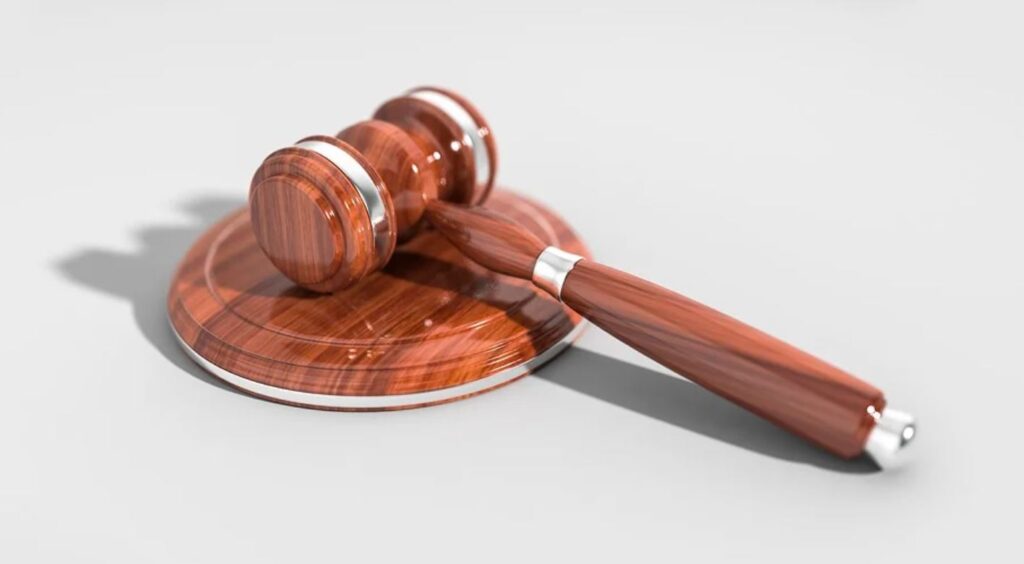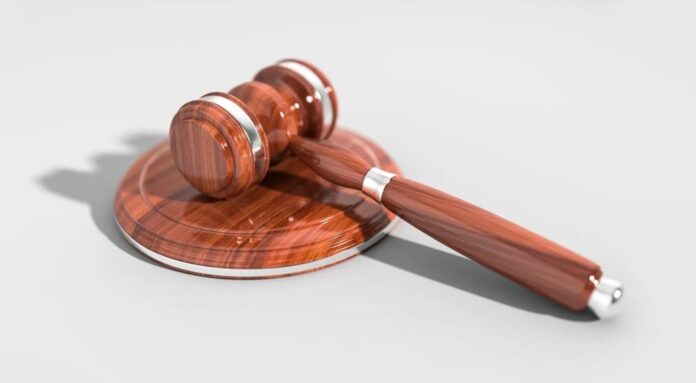Everyone has had a tough employer to deal with at work. Most of us go by our day, hoping the hard-to-deal-with boss would get promoted elsewhere or leave us alone. While light banter is a part of every workplace, what’s not acceptable is irreversible physical or mental harm resulting from employer negligence.

“Employer negligence” is a term that frequently emerges during lawsuits against employers for neglecting an employee’s emotional, physical, and financial well-being.
You can ask for compensation by filing a lawsuit for physical injury, financial loss, or mental harm.
Whether it is an organization or an individual, you can hold them accountable for their negligence. Here are the X things to know about employer negligence.
Is it possible to sue for employer negligence?
Despite sounding pretty straightforward, employer negligence lawsuits aren’t open-and-shut cases. For example, if a health hazard was made aware by your workplace or employer, like wearing masks to prevent COVID-19, and you have been careless about not wearing one, then it’s your fault. Likewise, it is negligent if your workplace didn’t set protocols to prevent the spread of the virus and you contracted it.
Another example of employer negligence is wrongful asbestos exposure. Asbestos is a mineral with insulation properties. Though banned in the 90s, it is still illegally used in construction materials. As a result, many mining and manufacturing workers risk developing asbestos-related illnesses like mesothelioma. You can sue your employer for negligence if you have been diagnosed with mesothelioma. If you reside in California, look for a California mesothelioma attorney to take help from a legal expert. Consulting a legal expert is one of the first steps to suing for employer negligence.
1. Types of Employer Negligence
Negligent Recruitment
Hiring new employees must involve running background checks, regardless of how outstanding the profile and interview were. Background checks help make sure whether the newcomer is suited for the workplace. Negligent hiring disregards background checks. Such employers hire people who are not fit for the job and may pose a risk to other employees or the workplace in general. Background checks are crucial, whether an informal check through calling up references and past employers or a formal check with a law enforcement agency. For instance, many companies neglect employees with past criminal records and detention notices. Such negligence can jeopardize the lives of existing employees.
Negligent training
As a newly hired worker, your employer must train you properly. For example, suppose you work at a construction site, and your employer or supervisor failed to address potential health hazards or provide safety equipment. In that case, it is negligence on their end. Negligent training can also cause economic losses to the company and you.
Negligent supervision
Even after proper training, your employer must assign a senior or supervisor to monitor your performance. Specifically, a supervisor must always be present in roles that involve working with dangerous equipment like an electric saw or machinery. For example, suppose a worker physically or sexually harms another employee, and the employer turns a blind eye to the situation. In that case, they are guilty of being negligent.
Negligent retention
Even after background checks and training, if an employee shows problematic behavior at work, like violent outbursts or lack of professionalism, it is the employer’s responsibility to take action. Regardless of how important of a team member the said worker is, retaining them is detrimental for everyone else in the workplace.
Negligent entrustment
Suppose your employer appointed you to drive the company vehicle or operate company machinery, and you have caused harm to a third party. In that case, the victim can sue your employer for negligent entrustment. The employer was negligent in deciding whether you are fit for operating an automobile or machinery on your own.
2. How to prove employer negligence?
The criteria for proving employer negligence overlap with other negligence lawsuits. These are:
- The employer was liable to provide care for the injured party.
The court will demand if the employer was supposed to provide a “duty of care” to the employee. All employees have a right to work in a safe environment.
- The employer breached the duty to provide care through negligent hiring of inapt workers.
The claimant is responsible for proving that the perpetrator owed them a “duty of care” and giving proof of its breach. The court will decide the nature of violating the “duty of care.”
- The harm or injury resulted from the employer’s negligence.
If no one has suffered harm, a worker cannot file a claim even if the “duty of care” was breached.
- The damages caused by employer negligence must be measurable
For the court to go forward with the claim, the injury must be measurable and prove that the employer’s negligence caused it. A case where an employee harms a third party might still be employer negligence. However, in some cases, the employee and the employer may be held accountable for harming the victim.
3. Should I get a lawyer to file a claim for employer negligence?
Yes. Employer negligence lawsuits require in-depth legal preparation and fact-checking. It implies if you, or a loved one, has been a victim of employer negligence, you must take assistance from a compensation lawyer. Such individuals are trained and experienced in handling worker compensation cases. They can help you get the most out of a lawsuit. In addition, the law may require you to file a claim at a public agency. For such cases, you must hire an attorney with experience in worker compensation cases.
4. How does a worker compensation lawyer help?
Lawyers specializing in worker compensation cases have knowledge and experience in dealing with such claims. They know the preparation required for legal proceedings and what to demand in the claim. A lawyer will:
- Discuss with you the nature of the injury and go over every detail to prepare for the claim
- Help you file your case in court
- Organize health, financial, and employment records required for the case process
- Defend you throughout the case and help you get the compensation you deserve
Conclusion
Filing a claim against employer negligence begins with knowing what it is and how to prepare for a case. Then, you can start on your own or take help from an experienced lawyer. The lawyer would be responsible for gathering all the necessary information to build a strong claim. Through a claim, you can acquire financial and medical support as compensation for a breach of protection owed by the employer.























